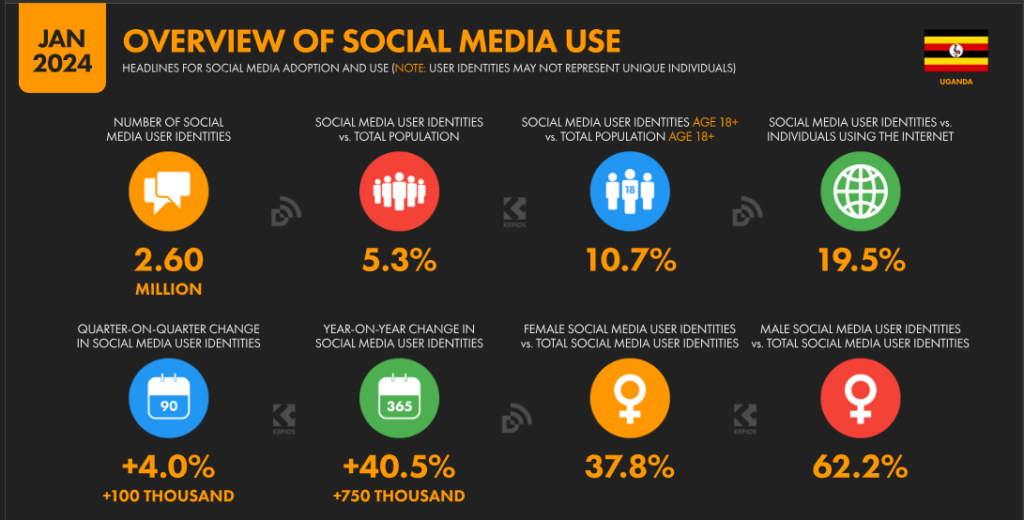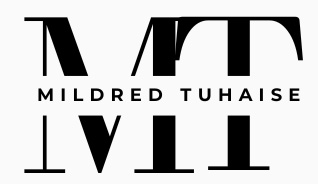The Role of Media in Shaping Public Opinion in Uganda
- July 1, 2024
- Posted by: Mildred Tuhaise
- Category: Media trends and consumption

Historical Context
The history of media in Uganda dates back to the colonial era when print media was introduced by missionaries and colonial administrators. The first newspaper, “The Uganda Herald,” was established in 1912. Post-independence, the media landscape diversified with the emergence of radio and television. During the regimes of Idi Amin and Milton Obote, media was heavily censored, but the liberalization policies of the 1990s led to a proliferation of private media outlets. This period marked a significant shift, allowing for greater freedom of expression and a more vibrant media environment.
Current Media Environment
Uganda’s media landscape today is characterized by a mix of state-owned and private media outlets. There are numerous radio stations, television channels, newspapers, and online platforms that cater to diverse audiences. Radio remains the most popular medium due to its wide reach and accessibility, especially in rural areas. Social media platforms like Facebook, Twitter, and WhatsApp have also gained prominence, providing a space for real-time communication and interaction.

Mechanisms of Media Influence
- Agenda Setting: Media has the power to shape the public agenda by highlighting certain issues over others. Through news coverage, editorials, and talk shows, media outlets influence what topics are considered important. In Uganda, issues such as corruption, human rights, and electoral processes have been prominently featured, drawing public attention and debate.
- Framing: How media presents information can significantly influence public perception. The framing of news stories, choice of language, and the use of visuals can shape how audiences interpret events. For instance, media coverage of political campaigns often frames candidates in specific ways, impacting voter perceptions and decisions.
- Public Opinion Polls: Media organizations frequently conduct and publish opinion polls on various issues. These polls provide insights into public sentiment and can influence individuals’ opinions by presenting the perceived majority view.
- Social Media and Citizen Journalism: The rise of social media has democratized information dissemination. Ordinary citizens can now share news, opinions, and experiences, contributing to public discourse. This phenomenon has amplified voices that were previously marginalized and has made the media landscape more dynamic and participatory.
Challenges Faced by Media in Uganda
- Government Interference and Censorship: Despite constitutional guarantees of press freedom, there have been instances of government interference, intimidation of journalists, and censorship. This undermines the media’s ability to operate independently and objectively.
- Economic Constraints: Many media houses face financial challenges that affect their operations. Limited advertising revenue and high operational costs can compromise journalistic standards and lead to dependence on government or corporate sponsorship.
- Ethical Concerns: Issues of media ethics, including sensationalism, bias, and the spread of misinformation, pose significant challenges. Ensuring accurate and responsible reporting is crucial for maintaining public trust.
- Access to Information: While urban areas have better access to diverse media sources, rural areas often rely on a limited number of outlets. This disparity affects the uniformity of public opinion across different regions.
Opportunities for Media in Uganda
- Digital Media Growth: The increasing penetration of the internet and mobile technology presents opportunities for expanding digital media platforms. Online news sites, podcasts, and social media offer new avenues for engaging audiences and disseminating information.
- Media Literacy Initiatives: Promoting media literacy among the public can enhance critical thinking and enable individuals to navigate the media landscape more effectively. Educational programs and workshops can equip people with skills to discern credible information from misinformation.
- Collaborative Journalism: Partnerships between media organizations, both locally and internationally, can enhance the quality and reach of journalism. Collaborative projects can provide resources, expertise, and broader perspectives on critical issues.
- Investigative Journalism: There is a growing appetite for investigative journalism that holds power to account and exposes wrongdoing. Supporting investigative journalism initiatives can strengthen democratic governance and public accountability.

Conclusion
The media in Uganda plays a vital role in shaping public opinion by setting the agenda, framing issues, and providing platforms for discourse. While facing significant challenges, the media also has numerous opportunities to enhance its impact and contribute to a more informed and engaged society. As Uganda continues to navigate its democratic journey, the role of media will remain indispensable in influencing public opinion and fostering a vibrant, participatory public sphere.
